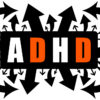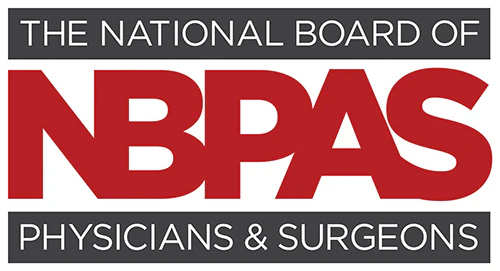It is not uncommon for people to group anxiety and depression into the same category however they are two distinct conditions.
Part of the reason why anxiety and depression can be difficult to differentiate is that there are overlapping symptoms in the two conditions. The relationship between anxiety and depression, and their respective associated clinical conditions (i.e., anxiety disorders and mood disorders) is complex and somewhat idiosyncratic. Anxiety and depression fall into different classifications of disorders. Another difference between the two conditions relates to their respective treatment methods (e.g., the use of different medications for anxiety as opposed to depression). It is important to have a basic understanding of these two disorders to better understand the differences between anxiety and depression.
Depression
Depression, also known as major depressive disorder (MDD) or clinical depression, is listed as a medical illness in the Diagnostic and Statistical Manual of Mental Disorders, Fifth Edition (DSM-5) and is recognized as a serious mood disorder. Mood disorders, also known as affective disorders, according to Johns Hopkins Medicine “is a mental health class that health professionals use to broadly describe all types of depression and bipolar disorders.” The World Health Organization (WHO) explains that severe depression is “characterized by persistent sadness and a lack of interest or pleasure in previously rewarding or enjoyable activities,” resulting in significant impairment in one’s daily life. According to the Centers for Disease Control and Prevention (CDC) depression affects nearly ten percent of the general population in America.
Anxiety
Anxiety refers to “anticipation of a future concern and is more associated with muscle tension and avoidance behavior.” It is the body’s natural response to stress. Anxiety will manifest differently in different people. The feelings of anxiety can range from mild to severe. Unlike depression, anxiety is not a mood disorder; it is a feeling that all people will experience at some time in their lives. Nevertheless, it is atypical for an individual to experience frequent, intense, debilitating, persistent worries and/ or fears related to everyday situations, and such anxiety could be indicative of an anxiety disorder. Anxiety disorders are not uncommon, as according to the American Psychiatric Association, close to thirty percent of adults in America struggle with an anxiety disorder at some point in their lives.
The National Alliance on Mental Illness (NAMI) asserts: “Anxiety disorders are a group of related conditions, each having unique symptoms. However, all anxiety disorders have one thing in common: persistent, excessive fear or worry in situations that are not threatening.” There are currently five distinct types of anxiety disorders listed in the Diagnostic and Statistical Manual of Mental Disorders, Fifth Edition. They include the following: generalized anxiety disorder (GAD), obsessive-compulsive disorder (OCD), panic disorder, post-traumatic stress disorder (PTSD) and social anxiety disorder (also known as social phobia). The Anxiety and Depression Association of America emphasizes that although it is not uncommon for people with depression to experience symptoms similar to those of an anxiety disorder and vice versa, the fact remains: each disorder has its own causes and its own emotional and behavioral symptoms.
Further Information and Support
The challenges that arise from living with mental illness can quickly become all-consuming and impossible to navigate. Proper diagnosis and treatment can significantly improve one’s overall well-being and quality of life. Seeking help is never easy, but you are not alone! We at Arizona Psychiatric Health, believe in the uniqueness and complexity of every individual. We strive for excellence in systematic evaluation; and provide unparalleled psychiatric services that focus on professionalism, compassion, discretion, and optimal outcome to ease the pain of mental illness, and to help our patients achieve their fullest potential.
If you or someone you know needs mental health treatment, we strongly encourage you to pursue professional guidance as soon as possible. We are available to answer any questions and are certainly happy to discuss how we might best be able to help you or your loved one cultivate a healthy, authentic, and fulfilling life that both promotes and supports true wellness. Feel free to contact us by phone at 602-883-2318 or via email. We look forward to supporting you on your journey.






